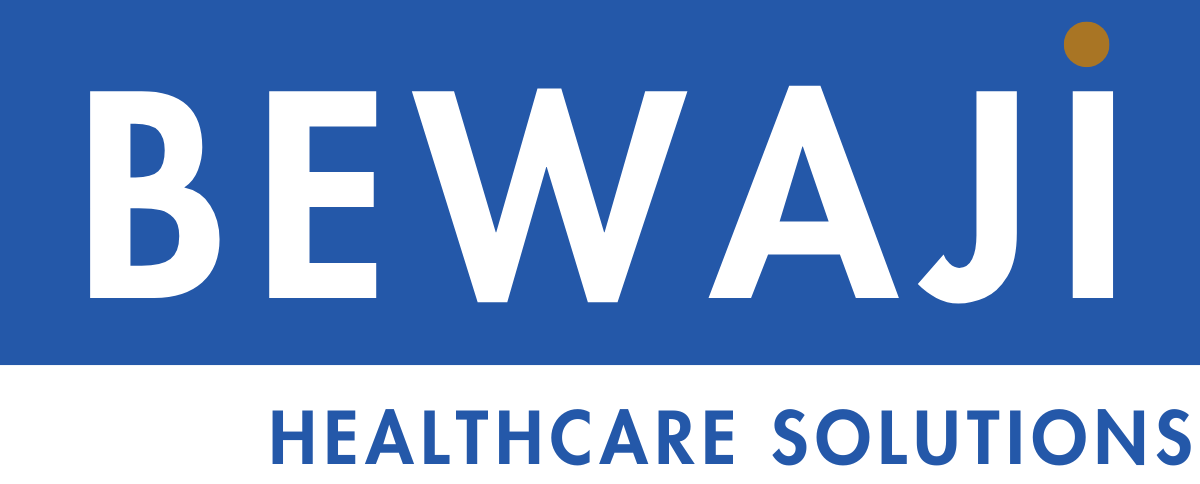Prompt engineering is an emerging field that allows us to create more capable and useful AI systems. Through careful crafting of prompts and training regimes, prompt engineers can shape the behavior and capabilities of chatbots and other AI agents. This technology shows great promise for improving healthcare, but also raises important ethical considerations around privacy and transparency.
What is Prompt Engineering?
Prompt engineering involves strategically designing and shaping the prompts used to query AI systems like chatbots. By optimizing prompts, engineers can customize chatbots for specific domains and tasks. Rather than treating an AI system as a generic tool, prompt engineering allows us to mold the system’s knowledge and conversational abilities for defined applications.
For example, a medical chatbot can be specifically engineered to have expertise in certain health topics and to converse with patients in an empathetic, human-like manner. Prompt engineering opens up the possibility of AI agents that are specialized for different roles in healthcare, such as medical advice chatbots, mental health counseling bots, or conversational agents for gathering patient information.
The Benefits of Prompt Engineered Chatbots in Healthcare
AI chatbots have significant potential to improve healthcare practices when thoughtfully prompt engineered. Some key benefits include:
- Increased access to health information – Chatbots can provide reliable medical information 24/7, improving access for patients. They can answer common health questions, describe medical procedures, explain insurance policies, etc.
- Patient screening and triage – Chatbots can ask patients about their symptoms, quickly gathering information to determine if urgent care is needed. They can direct patients to appropriate providers.
- Administrative support – Intelligent chatbots can handle appointment booking, insurance questions, billing issues and other administrative tasks, freeing up staff.
- Mental healthcare – Chatbots are being engineered to provide basic mental health counseling and support, improving access to this scarce resource.
- Patient engagement – Chatbots can educate patients about illnesses, treatment regimens, medications, etc., empowering patients to better self-manage health.
- Language translation – Multilingual chatbots can expand access to non-native language speakers. This improves understanding and compliance.
- Data collection and analysis – Chatbots can rapidly gather large amounts of patient data for analysis by healthcare providers and researchers, enabling improved treatment.
Practical Applications of Prompt Engineered Healthcare Chatbots
There are already many use cases of specially engineered chatbots improving healthcare workflows and access. Here are some examples:
- Health insurance chatbots that can answer common policy and billing questions, saving patients and staff time. These bots access insurance records to provide personalized advice.
- Intelligent triage bots that ask patients about symptoms and risk factors during intake processes. These bots can correctly determine urgency and route patients to appropriate providers.
- Medication management bots that combine conversational AI and access to pharmacy databases. Patients can ask about drug side effects, interactions, and dosage instructions.
- Scheduling bots that integrate with practice management systems to enable easy self-service appointment booking based on doctor availability, procedures, and insurance coverage.
- Patient education bots focused on a specific health condition or treatment plan. For example, an AI bot could answer all questions about preparing for and recovering from a particular surgery.
Drawbacks and Ethical Considerations of Healthcare Chatbots
While promising, there are some downsides and ethical dilemmas raised by deploying chatbots in healthcare:
- Privacy risks from data collection – Large amounts of sensitive patient data will be exchanged with chatbots. Safeguarding privacy is critical.
- Transparency about bot capabilities – Limitations of chatbots vs human providers should be clearly explained to patients so expectations are set properly.
- Over-reliance – Chatbots should not entirely replace human interactions and judgment in healthcare. Oversight is needed.
- Misinformation – Chatbots must provide accurate medical information. Their knowledge should be verified by experts and updated continually.
- Explainability – The recommendations and thought processes of chatbots should be understandable to providers and caregivers.
- Biases – Like other AI, chatbots can inadvertently perpetuate harmful biases if not properly tested and monitored.
By considering these issues, prompt engineers can develop healthcare chatbots responsibly and safely. It is crucial that chatbots have explainable logic, robust privacy protections, and ongoing human oversight.
Implementing Prompt Engineered Chatbots in Healthcare
To successfully integrate prompt engineered chatbots into practice, healthcare organizations should:
- Partner with experienced prompt engineering teams or vendors to create customized, effective chatbots.
- Validate chatbot capabilities and knowledge through rigorous testing. Bots should be approved by medical experts.
- Develop clear policies and protocols for chatbot use and auditing. Document how recommendations are made.
- Phase in chatbot adoption slowly and solicit ongoing user feedback to refine the technology.
- Provide training so staff understand chatbot strengths and limitations. Ensure proper human oversight.
- Audit chatbots regularly for misinformation, biases, and privacy issues. Be ready to pull or update if problems emerge.
- Craft clear disclaimers so patients understand when they are interacting with an AI chatbot vs human provider.
The Bottom Line on Prompt Engineering in Healthcare
Prompt engineering unlocks the potential for customized chatbots that can improve healthcare workflows, increase access to information and services, and collect valuable data. However, responsible oversight and stewardship are critical as this technology is adopted. Healthcare leaders must prioritize transparency, accuracy, explainability, and privacy to ensure prompt engineered chatbots deliver on their promise safely and equitably.

